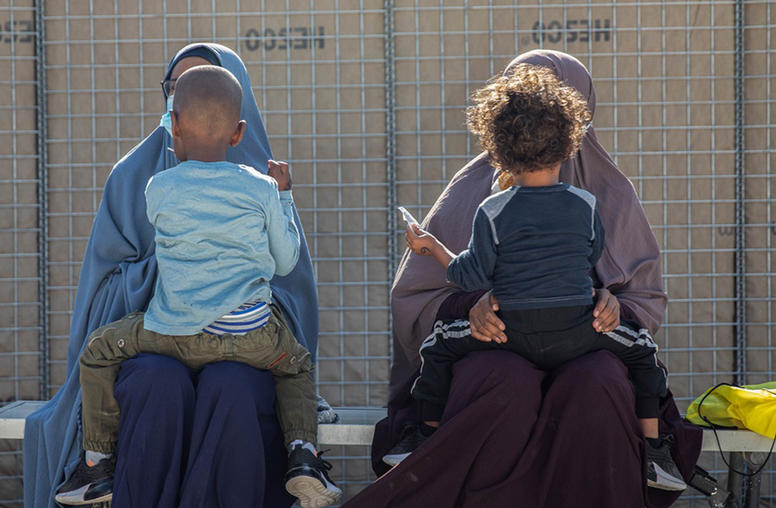Israel's Airstrike on Syria's Nuclear Reactor: Preventive War and the Nonproliferation Regime
A public event co-sponsored with the James Martin Center for Nonproliferation Studies and the Arms Control Association
On July 14, 2008, USIP, along with the James Martin Center for Nonproliferation and Studies and the Arms Control Association, co-sponsored an event to examine the nuclear nonproliferation implications of Israel’s September 2007 attack on a Syrian facility believed to have been a clandestine nuclear reactor under construction with North Korean assistance. The panel of speakers included David Albright, Institute for Science and International Security; Avner Cohen, USIP; Ambassador Thomas Graham, Jr., Cypress Fund; Dr. Fiona Simpson, New York University; Leonard S. Spector, James Martin Center for Nonproliferation Studies; and Robin Wright, noted journalist. Daryl Kimball, of the Arms Control Association, moderated.
The speakers addressed various aspects of the Israeli airstrike and Syria’s secret nuclear activities, including Israel’s rationale for taking military action against the facility, the implications of the airstrike, Syria’s actions with respect to the International Atomic Energy Agency and what the IAEA might uncover in relation to the facility.
Albright pointed out the significant evidence that the facility was a nuclear reactor under construction. However, he said, there is little indication of other aspects of a nuclear weapons program in the country. He also argued that Syria’s nuclear proliferation highlighted the need to pay greater attention to the global illicit nuclear trade.
Cohen contrasted the September 2007 airstrike to Israel’s 1981 attack on Iraq’s Osirak nuclear reactor, noting the differences in the nature of and international reactions to each attack. Spector called the muted reaction of the international community to the event “quite striking.” He speculated that the silence was because observers worldwide were “recalibrating” their reactions to such attacks in light of the Bush doctrine of preemptive warfare.
Wright discussed the Middle Eastern political dynamics behind Israel’s strike and suggested that Syria and North Korea did not protest the attack because of their fear of publicity about their own illicit nuclear activities. She also surmised that knowledge of the facility was closely guarded, and that many elements of the Syrian leadership, as well as other states in the region, were unaware of its existence prior to its destruction.
Simpson highlighted the differences between preventive and pre-emptive military action and noted the limitations of the IAEA inspection regime with respect to cases in which evidence of noncompliance is unclear. Finally, Graham discussed the roles of two different types of IAEA states—nuclear-weapon and non-nuclear-weapon states, with respect to the attack.
Cohen said, “It was a perhaps the first public discussion in town of an event which is still so publicly obscure. There are still many questions that need to be answered before we can fully evaluate the impact that the attack and Syria’s activities had on efforts to deal with nuclear proliferation.”
Archived Audio
To listen to audio or to view video, please click on the links provided below. You also can right click on the links and choose "Save Target As" or "Download Linked File." This will save the file to your computer and then allow you to play it in your media player directly. More Audio Help.
- Listen to the audio from this event.
01:52:32 - 20.67MB
Speakers
- David Albright
President, Institute for Science and International Security (ISIS) - Avner Cohen
Senior Fellow, U.S. Institute of Peace - Ambassador Thomas Graham, Jr.
Chief Executive Officer, Cypress Fund - Daryl Kimball, Moderator
Executive Director, Arms Control Association - Fiona Simpson
New York University - Leonard S. Spector
Deputy Director (Washington, D.C.), James Martin Center for Nonproliferation Studies - Robin Wright
Journalist and Author of "Dreams and Shadows: The Future of the Middle East"



